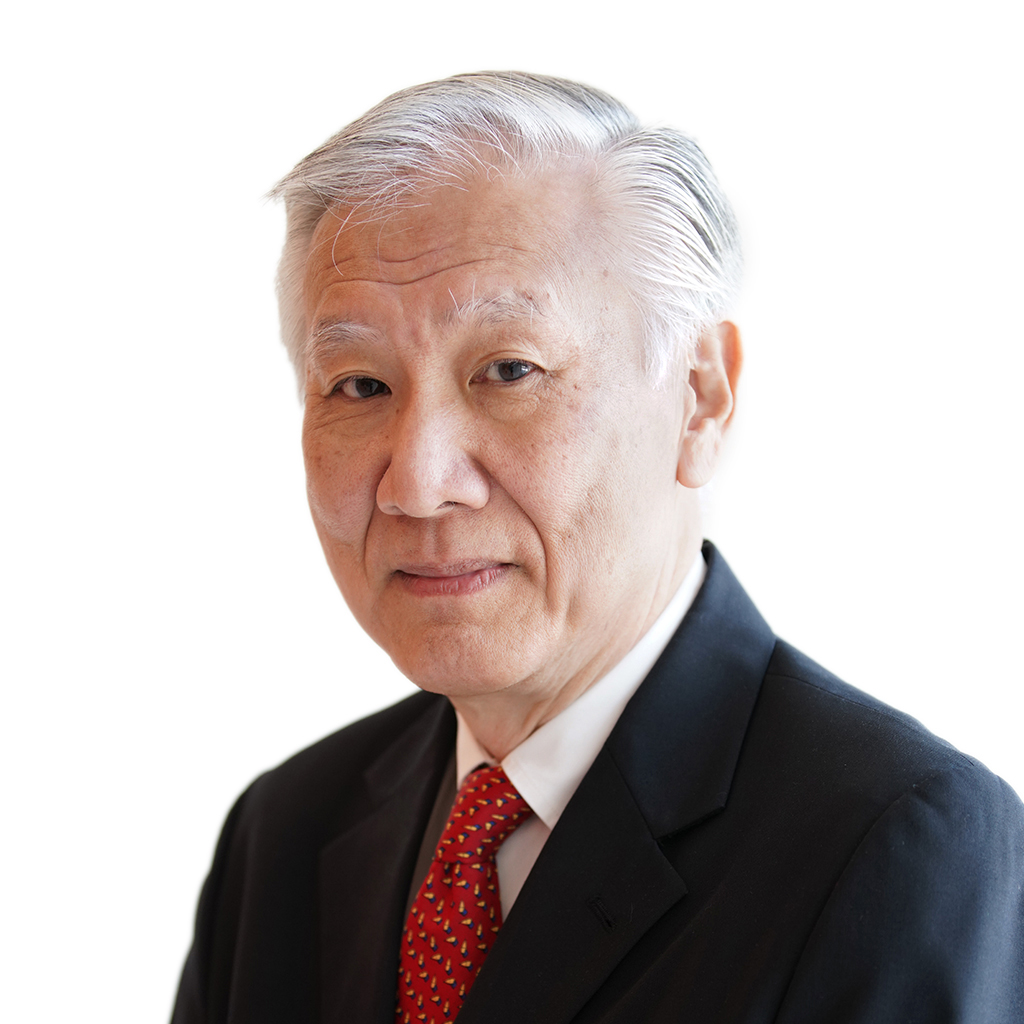Future Skies: Tomorrow’s Voices have their say
One of the key challenges facing our industry is how to attract and retain the next generation of aviation professionals. There’s a rising concern across the industry regarding the difficulty in attracting the right talent and retaining a workforce that can deliver the future vision of aviation. In recognition of this, CANSO, in association with Engage 2 and Firstfruits, dedicated a half day to the topic at this year’s Airspace World.

Inspired by the vision for future skies developed by The Complete Air Traffic System (CATS) Global Council, the Future Skies: Tomorrow’s Voices initiative was launched at Airspace World in March. In preparation for the Future Skies: Tomorrow’s Voices‘ day, a global survey was conducted for people 28 and under working in the aviation industry and those currently studying with the intention of entering the industry to gather tangible insight on the perspectives of the next generation of aviation professionals, putting their voices at the centre of the narrative
The results were enlightening. Most young professionals and students prioritise total compensation, meaningfulness of work, and support for health and wellbeing when choosing and/or staying in a job. Participants also shared their views on environmental impact with 69 per cent of participants concerned about environmental issues, interestingly though, this does not significantly influence their choice to join the industry. Some 77 per cent feel they can contribute to environmental solutions within the industry.
In another part of the survey, participants provided free-text responses on factors influencing attraction and retention as well as barriers preventing other young professionals from entering the industry.
Key attraction and retention factors included passion, excitement and challenges and salaries, while perceived barriers were salaries, environmental concerns and lack of awareness of the industry.
The frequent mention of passion is noteworthy. Despite the challenges highlighted in the survey, young professionals in aviation remain passionate about the industry, with 98 per cent expecting to still be working in it in five years – a remarkable statistic.
Following the completion of the survey, a focus group of next generation voices was convened to review and discuss the findings. Some of the focus group participants then presented the findings in Geneva at Airspace World 2024, in two engaging sessions including a final discussion around next steps for the industry.
The findings from the Future Skies: Tomorrow’ Voices survey along with the activities that took place on the third day of Airspace World 2024 (CEO Breakfast, young professional forum and panels on diversity and inclusion), indicate a disconnect between current industry practices in attracting and retaining young talent and the expectations and efforts of the next generation of aviation professionals. There is a clear need for organisations and their leaders to better integrate young voices in decision-making and bridge the age gap difference through revamped recruitment processes as well as enhanced training and upskilling opportunities.
This is just the beginning. Under the guidance of the CATS Global Council, the Tomorrow’s Voices initiative is planning more activities in 2025. Stay tuned for further updates.




